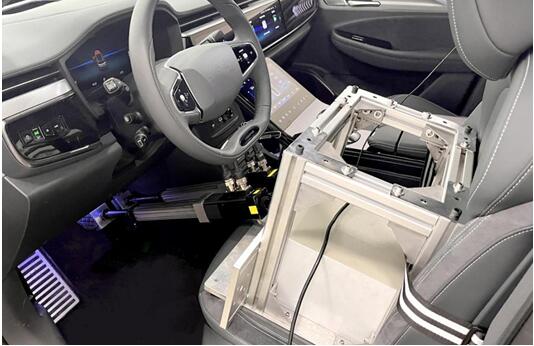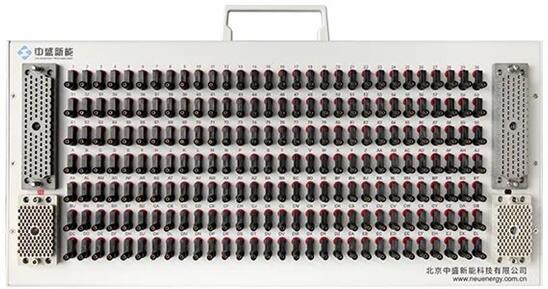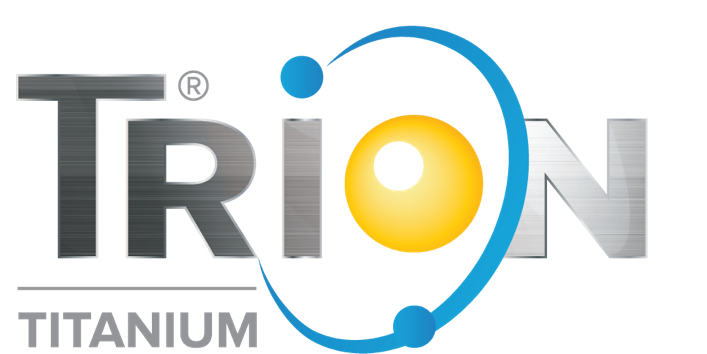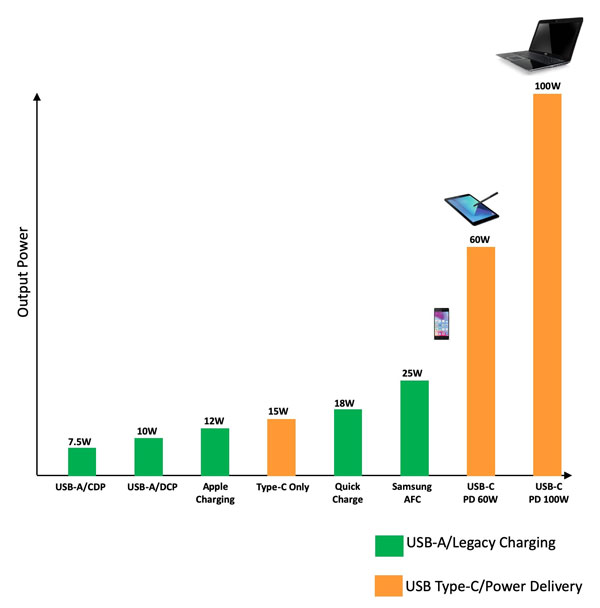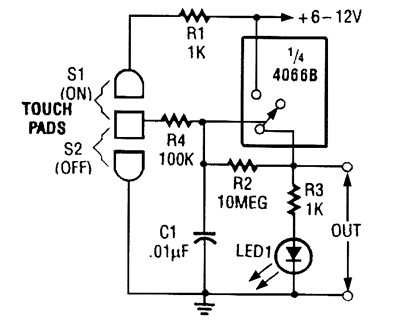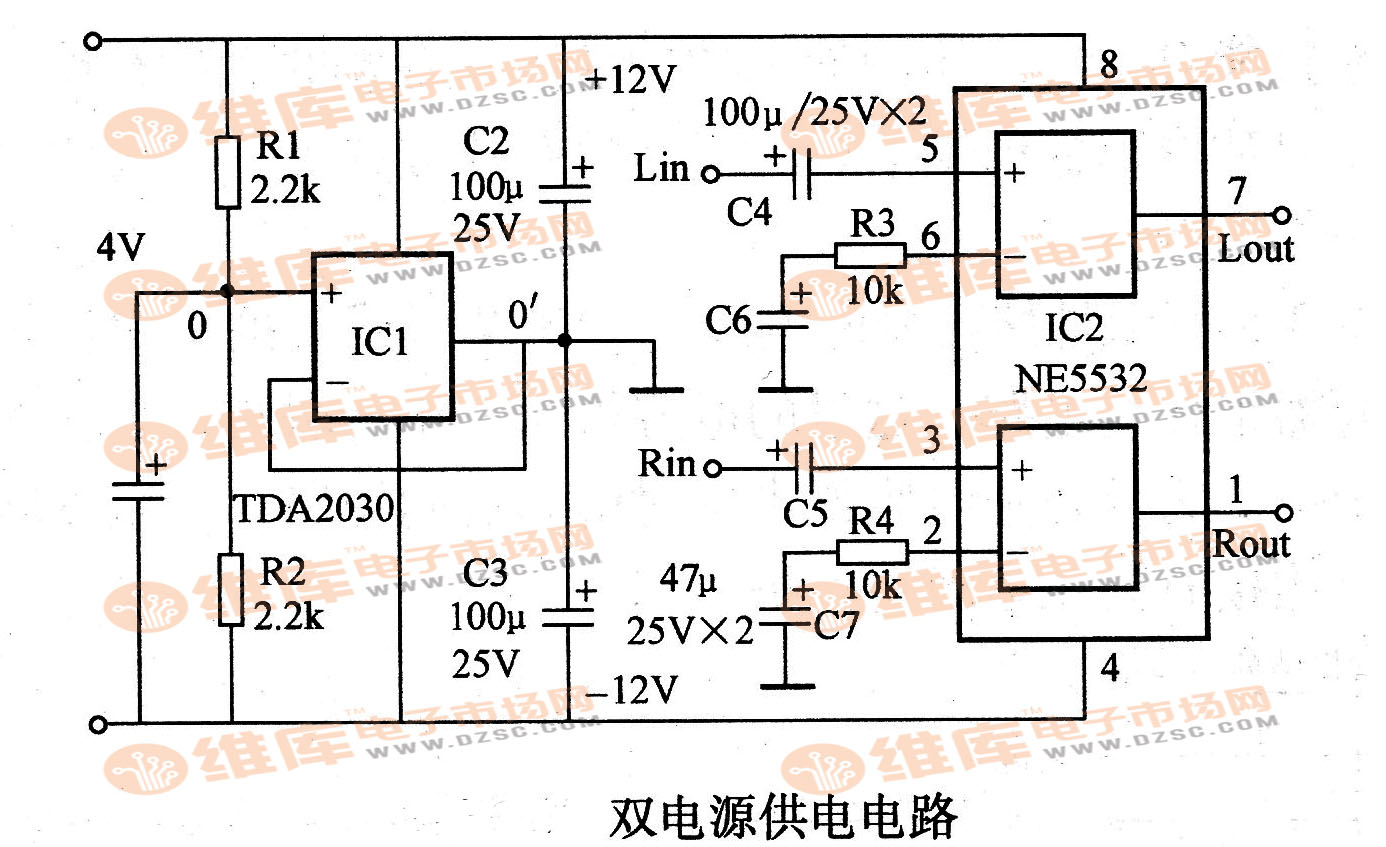东芝授权IME的高功效灵活处理器技术(E)
IMEC, Europe's leading independent nanoelectronics research institute today announced that Toshiba, world-leading integrated device manufacturer, has licensed IMEC technology for designing power-efficient, flexible processors in a single- and multiprocessor architecture. The agreement concerns IMEC's ADRES reconfigurable processor template, the DRESC compiler, and the MPSoC (multi-processor system-on-chip) suite of design tools. Toshiba will also cooperate with IMEC to develop processors and tools that enable gigabit/s demodulation.
ADRES (Architecture for Dynamically Reconfigurable Embedded Systems) is a processor architecture designed for wireless and multimedia processing in single- and multiprocessor systems. ADRES processors are suited for future mobile terminals, such as software-defined radios. They combine state-of-the-art power efficiency, excellent performance, and flexibility.
Through an XML template, designers can create the ADRES processor instance that is best suited for their applications. And applications for an ADRES processor can be completely programmed in a high-level programming language (C) and compiled with the DRESC compiler, included in the license. This is of key importance for short time-to-market.
MPSoC is a suite of tools to help build and map applications for multiprocessor platforms. The suite's first toolset, called CleanC, allows designers to write sequential, high-level code that is optimized for parallelization. The second toolset then enables mapping the sequential C code on a multiprocessor platform. MPSoC relieves the designers of having to code synchronization, data communication between threads, and memory organization. Thanks to the parallelization tools, for instance, several multithreaded versions of the same application can be explored in a short time. This greatly reduces the application complexity and design time, enabling designers to bring multiprocessor based embedded-system platforms faster to the market.
"Before entering into this agreement, Toshiba thoroughly evaluated the IMEC technology. It then decided not only to license ADRES and MPSoC, but also to cooperate with IMEC to develop processors and tools that enable gigabit/s demodulation. This testifies that IMEC's research into efficient embedded multiprocessor systems is world-class", said Rudy Lauwereins, Vice President Nomadic Embedded Systems at IMEC.
"We are confident that IMEC's dynamic reconfigurable processor technology will bring significant advantage to the development of our wireless baseband SoCs in terms of design time, flexibility and area," said Tohru Furuyama, General Manager of Center for Semiconductor Research & Development at Toshiba. "We are looking forward to collaborating with IMEC which will allow us to leverage on the expertise and knowledge of IMEC's research team and enable us to also provide valuable technologies and products to our customers."
相关阅读:
- ...· Efinix® 全力驱动AI边缘计算,成功推出Trion™ T20 FPGA样品, 同时将产品扩展到二十万逻辑单元的T200 FPGA
- ...· 英飞凌亮相进博会,引领智慧新生活
- ...· 三电产品开发及测试研讨会北汽新能源专场成功举行
- ...· Manz亚智科技跨入半导体领域 为面板级扇出型封装提供化学湿制程、涂布及激光应用等生产设备解决方案
- ...· 中电瑞华BITRODE动力电池测试系统顺利交付北汽新能源
- ...· 中电瑞华FTF系列电池测试系统中标北京新能源汽车股份有限公司
- ...· 中电瑞华大功率高压能源反馈式负载系统成功交付中电熊猫
- ...· 中电瑞华国际在电动汽车及关键部件测评研讨会上演绎先进测评技术
- ...· 华芯微国产汽车芯片门电路系列(篇一)
- ...· 华芯微国产汽车芯片CAN收发器系列(篇一)
- ...· 华芯微国产汽车芯片DC/DC转换器系列
- ...· 华芯微国产汽车芯片DC/DC转换器系列
- ...· 华芯微国产汽车芯片运算放大器系列(篇一)
- ...· 华芯微国产汽车芯片MOSFET 驱动器系列(篇一)
- ...· 数据采集终端系统设备
- ...· 简仪科技踏上新征程

